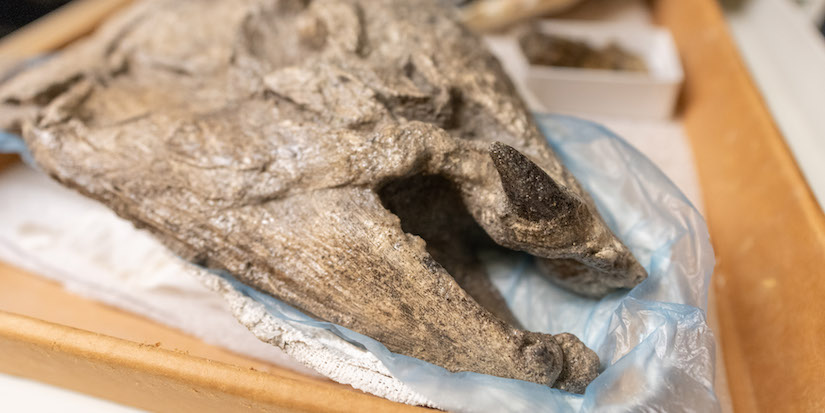Latest News
Richmond’s Downing leaves a lasting legacy
—
During each of her 105 years, Iris Downing served as a constant reminder to all: live life to the fullest.
Until her recent passing, just a week following her birthday, the longtime Richmondite embodied the fountain of youth as a keen volunteer who enjoyed spending time with family and friends and playing bridge—a game she didn’t take seriously until joining the seniors’ centre 32 years ago.
“The biggest thing to bridge is remembering,” said Downing, who also played cribbage and whist at least one day week until her health declined.
In a 2017 interview with the Richmond Sentinel, Downing expressed surprise at becoming a centenarian before adding, candidly, that she frequently became frustrated not being able to complete a task she felt she should be able to.
“I get so mad when I can’t do something. Then I have to remind myself ‘you’re not in your 80s anymore,’” she shared.
A longtime resident of Steveston’s Maple Residences, the sprightly Downing was the second eldest of six children born and raised on a farm in Maple Creek, a tiny southwest Saskatchewan town on the Canadian Pacific Railway line that even today only boasts a population of 2,000 people. Prior to 1915 it was best known as the home of the Northwest Mounted Police (the precursor to the RCMP).
In her 20s when the Second World War broke out, Downing endured tough times when rationing was routine.
“Everybody was given a ration book,” she remembers. “If you had teens at home, they were given one too, so your parents were able to purchase a certain amount of products. But you had to make things last because you had to wait up to a month until the next book came out.”
Shortages even led to the sale of horse meat, recalls Downing of a period when goods such as rubber, gas, metal and nylon were also difficult to come by because they were needed for the war effort.
She says rationing in Canada continued until a year or two after the war ended.
“I don’t know how mom and dad kept six kids living on a farm in the Dirty 30s,” she says. “We grew wheat, sold eggs for six cents a dozen, and raised sheep and turkeys.”
Downing, whose birth name was Hammond, was working for the Saskatchewan Wheat Pool when the war began. Two of those closest to her went off to war.
Her brother, Bruce, a member of the Saskatoon Light Infantry, was sent to India, while her eventual husband, Bill, who she had met at the local skating club, was sent to North Africa.
Originally a banker, Bill, who wore thick glasses, was at first denied enlistment but called up eight months later. Rising up the ranks to become a corporal in the armed forces Governor General’s Horseguards, Bill remained overseas through to the end of the war and did not return home until January 1946.
“I remember going to Toronto to meet (Bill’s) train,” she said.
Iris and Bill (who died in 1982 at the age of 72) were married for 40 years and had one son, Bruce, who became a renowned geologist. The couple loved to dance, especially square dancing. Bill was also an accomplished sportsman who excelled at baseball and curling.































